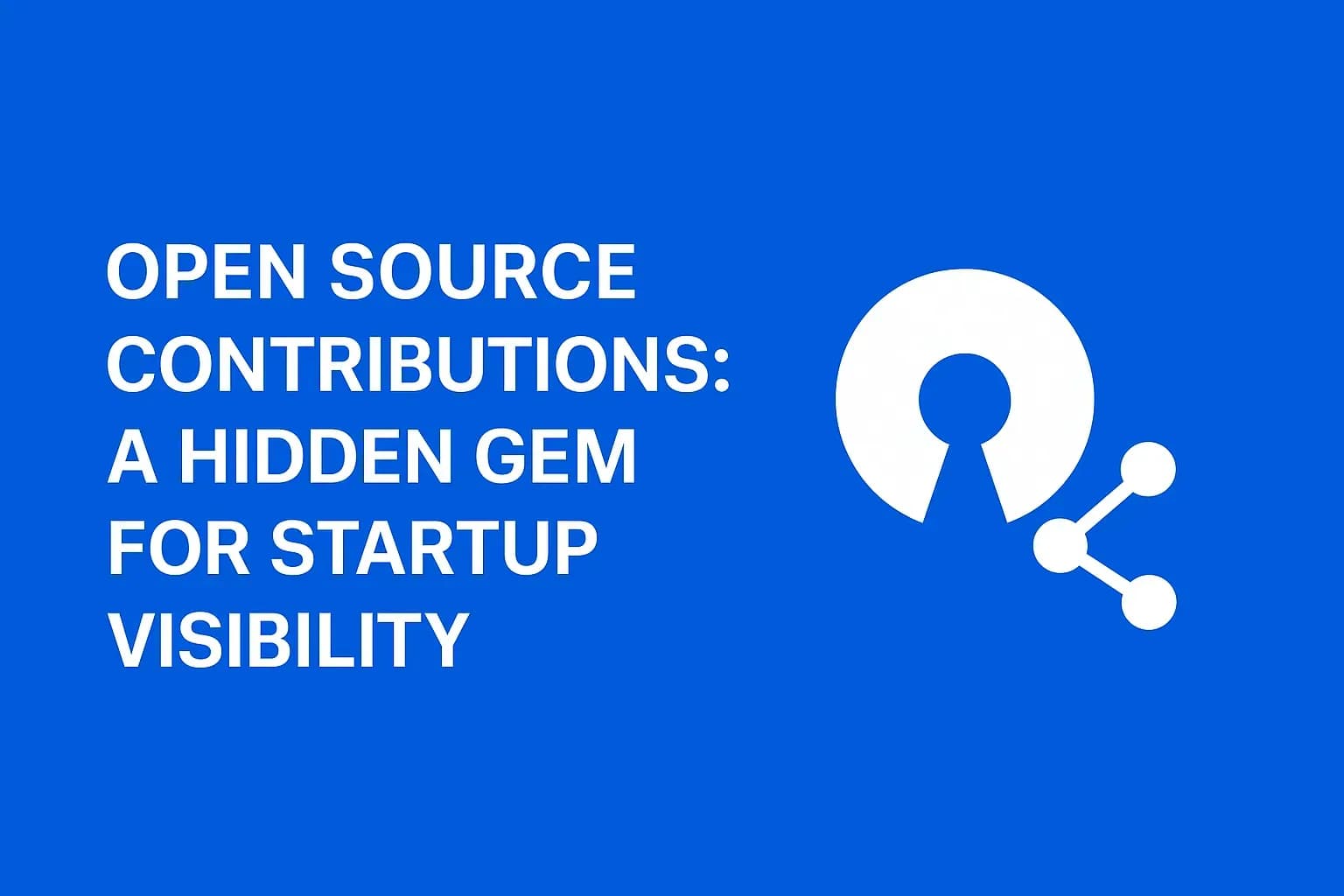dscape, getting your startup noticed can be as difficult as building the product itself. But there’s an often-overlooked strategy that can set your brand apart while adding real value to the community: open source contributions.
💡 What Does "Open Source" Really Mean?
At its core, open source refers to software with publicly available source code that anyone can view, modify, and distribute. It’s the foundation of many tools startups already use—think Linux, React, Node.js, and Docker.
But contributing back—through code, documentation, issue resolution, or even tools you build—offers more than just goodwill.
🚀 Why Open Source Is a Growth Engine for Startups
1. Instant Credibility
When a startup contributes to well-known projects or releases its own tools, it signals technical competence. This can build trust with clients, investors, and partners before a single sales call.
2. Organic Marketing
Your open source repository becomes a portfolio piece. Every GitHub star, fork, and contribution spreads your brand organically among developers—your most important advocates.
3. Talent Attraction
Top developers are drawn to startups with a strong engineering culture. Public contributions reflect internal values of transparency, collaboration, and code quality—qualities skilled engineers love.
4. Faster Development
By collaborating with the community, startups can solve bugs faster, get feedback earlier, and iterate better. It's like crowd-sourcing R&D.
5. Community Support
You’re not just releasing code—you’re building a community. That creates long-term relationships with developers and potential customers who feel invested in your mission.
🛠️ Ways Startups Can Contribute to Open Source
🔹 Fix bugs or add features to popular tools your team already uses.
🔹 Open-source internal tools or scripts that could help others.
🔹 Improve documentation—one of the most underappreciated ways to contribute.
🔹 Sponsor open source projects you rely on (even financially via GitHub Sponsors).
🔹 Collaborate with contributors who engage with your repos—treat them like early users.
⚠️ Things to Keep in Mind
Licensing Matters: Choose an open source license that aligns with your business model.
Don’t Overpromise: Start small. Even a well-documented CLI tool can make waves.
Maintain Consistency: If you launch something, maintain it—or clearly label it as archived.
📈 Real-World Examples
Vercel built a massive community around Next.js by open-sourcing it and investing heavily in its growth.
Supabase, an open-source Firebase alternative, saw explosive adoption by being transparent and dev-first.
Even smaller players like PostHog gained traction by making their analytics platform open source.
🌟 Final Thoughts
Open source isn't just a nice-to-have. It’s a powerful visibility lever, community builder, and product validator. For startups aiming to grow with authenticity and impact, contributing to open source might be your smartest early move.
